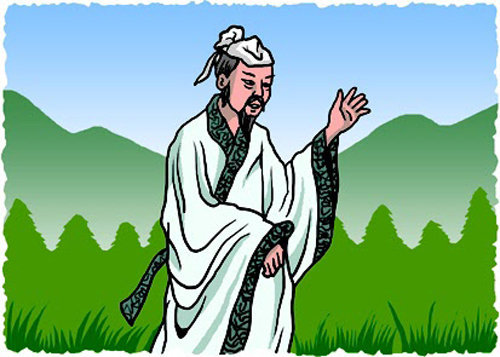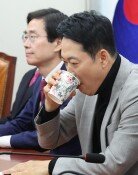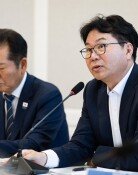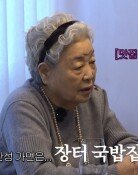Crying against unfairness
Crying against unfairness
Posted November. 24, 2023 08:09,
Updated November. 24, 2023 08:09

Those who yearned to achieve success and prestige by passing the state examination had to show how talented and qualified they were in front of influential high-class families or renowned figures. To make a strong impression, they were required to present a portfolio of self-written poetry and prose to the evaluators, the practice of haenggwon, where an entreaty poem is sent to those in a higher position. Otherwise, exam applicants had to build a strong relationship with those in power to be recommended. Skilled in poetry and calligraphy, Wang Wei got close to the nobility, which later ended up ranking first in the state exam. Li Bo was recommended by Chancellor He Zhizhang, who was incredibly captivated by his poetry, to the Emperor of Xuanzong. Skipping the exam, he was appointed to a government post. On the other hand, Tu Fu and Meng Hao-ran failed at exams and sent entreaty poems multiple times but to no avail. The hermit in this poem must have taken a hard path, ending up being isolated in a dense forest from the rest of the world. With inequalities in mind, the poet consolates the hermit, writing, "Everyone is equal in the face of the graying hair.”
Ironically, Du Mu was later said to get involved with graft when he passed the state exam. It was Wu Wuling, an expert at the Imperial Academy, who pulled some strings by showing test evaluators Du Mu's rhapsody on the Epang Palace and asking them to rank him No. 1. Despite the controversy, he ended up making it in 5th place in the uneven playing field where the winners were already determined. Only the top five applicants’ answer sheets were given the privilege to reach the emperor's desk.







